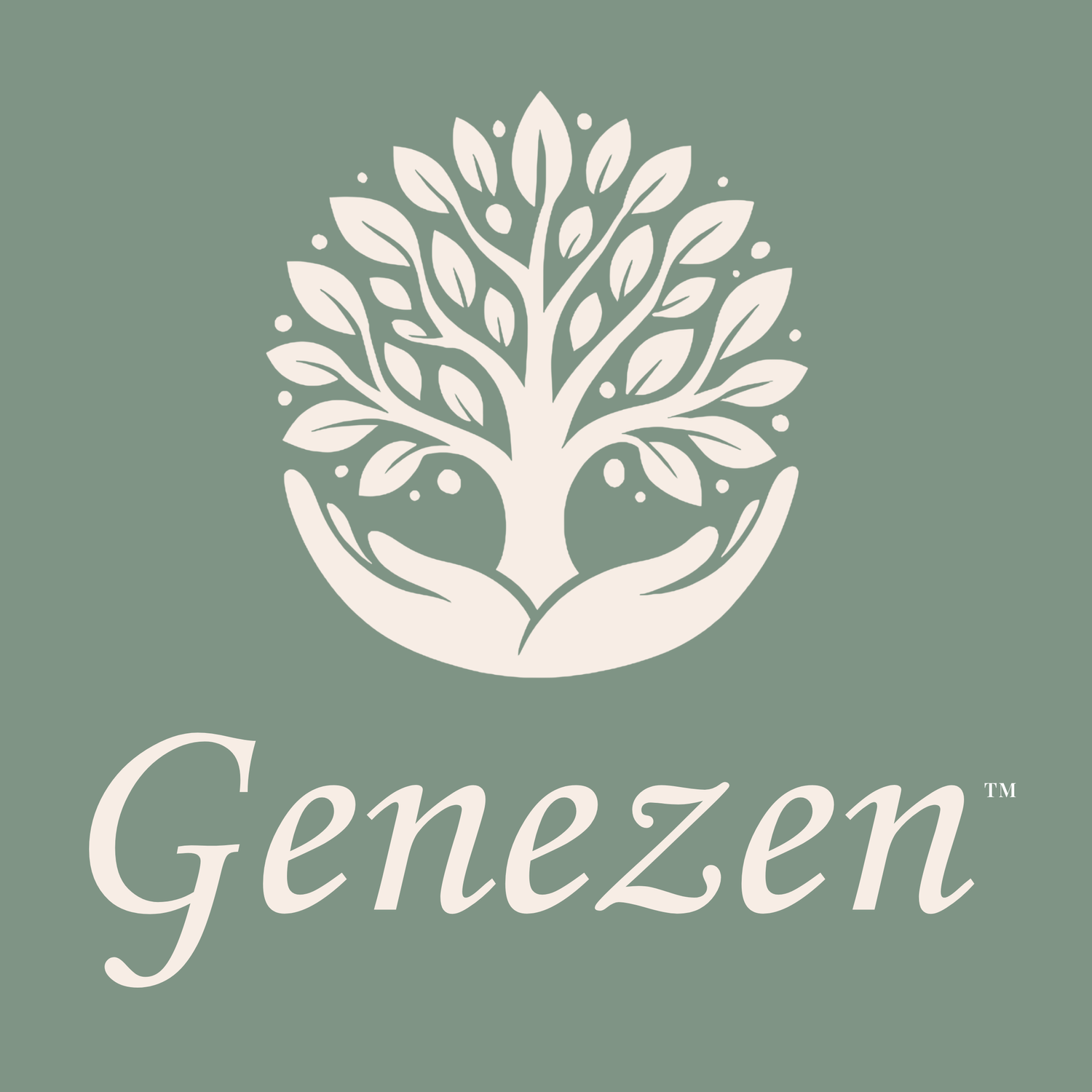The Psychology of Addiction: Understanding the Mind’s Cravings
“I can stop anytime I want to.”
We’ve all heard this phrase, maybe from a friend, a loved one, or even whispered it to ourselves. But behind this declaration often lies a deeper struggle, one that isn’t about willpower or moral failing, but about how our brains are wired for survival… and how that wiring can sometimes betray us.
Addiction Is Not a Choice, It’s a Coping Strategy That Got Stuck
At its core, addiction is not about weakness. It’s about the brain learning that a certain substance, behaviour, or experience provides intense relief, pleasure, or distraction. Whether it’s alcohol, social media, food, nicotine, gambling, or even work, the addictive loop starts when the brain begins to associate that “thing” with comfort, escape, or control in an otherwise unpredictable world. Many people don’t realize that addiction is not just about “getting high.” It’s about feeling less pain, less emptiness, less chaos. When we feel anxious, numb, rejected, unsafe, or overwhelmed, the brain craves something to soothe us quickly.
Over time, this shortcut becomes a trap.
What’s Happening in the Brain?
Addiction hijacks the reward system, specifically the dopaminergic pathways in the brain. Here’s how it works:
When you engage in something pleasurable (like eating chocolate or getting a hug), your brain releases dopamine, the "feel-good" chemical.
Addictive substances or behaviours cause a supercharged release of dopamine, making the brain associate them with intense satisfaction.
The brain starts rewiring itself to prioritise that activity, even if it causes harm.
Over time, natural sources of joy feel dull, and only the addictive substance or habit brings relief, but even that becomes less satisfying.
This is why people often continue using even when they don’t enjoy it anymore. They’re not chasing pleasure, they’re trying to avoid pain.
Why Can’t People “Just Stop”?
Because addiction is not simply a bad habit. It’s a cycle, deeply rooted in emotional pain, stress response, early life experiences, and often trauma.
Some common psychological reasons addiction takes hold include:
Emotional Regulation: The addictive behaviour becomes a way to manage difficult emotions that feel too overwhelming to face.
Avoidance of Trauma: For many, addiction numbs unresolved trauma or childhood wounds that remain unhealed.
Sense of Identity or Control: It might be the only thing that makes a person feel in control, even when everything else feels chaotic.
Loneliness and Disconnection: Addiction can fill the void where relationships, meaning, and connection are missing.
“Craving” Isn’t Just Physical, It’s Psychological
A craving is more than a chemical urge. It’s a psychological whisper that says:
“You’re not safe right now.”
“You can’t cope without this.”
“Just this one time, and you’ll feel better.”
But with each cycle of use, the voice grows stronger… and the person grows more disconnected from themselves.
What Helps?
Recovery doesn’t begin with punishment or shame. It begins with understanding and compassion, not only from others, but from within.
Here’s what can truly support healing:
Psychological Insight: Exploring the root emotional needs the addiction is trying to meet.
Therapeutic Support: Therapy can help reframe beliefs and build emotional skills.
Safe Relationships: Healing happens in connection. Support groups, loved ones, and accountability create space for change.
Healthy Substitutes: Replacing addictive behaviours with nurturing habits like movement, creative expression, nature, or mindfulness.
Breaking the Shame Cycle: Recognising that relapse is not failure, it’s feedback.
The Deeper Truth: What Are We Really Addicted To?
Sometimes, we’re not addicted to the substance itself. We’re addicted to what it gives us - the escape, the relief, the distraction, the momentary freedom.
When we stop asking, “Why the addiction?” and start asking, “Why the pain?”, the healing journey truly begins.
You Are Trying to Cope, But It’s Keeping You Stuck
If you or someone you love is struggling with addiction, know this - you are not weak, and you are not alone. The brain is not the enemy; it’s doing its best to protect you. But it may be using outdated strategies.
With the right support, awareness, and willingness to face the pain underneath the cravings, recovery becomes more than possible. It becomes a radical act of self-compassion.
Let’s talk about addiction with less shame, and more humanity.

